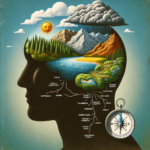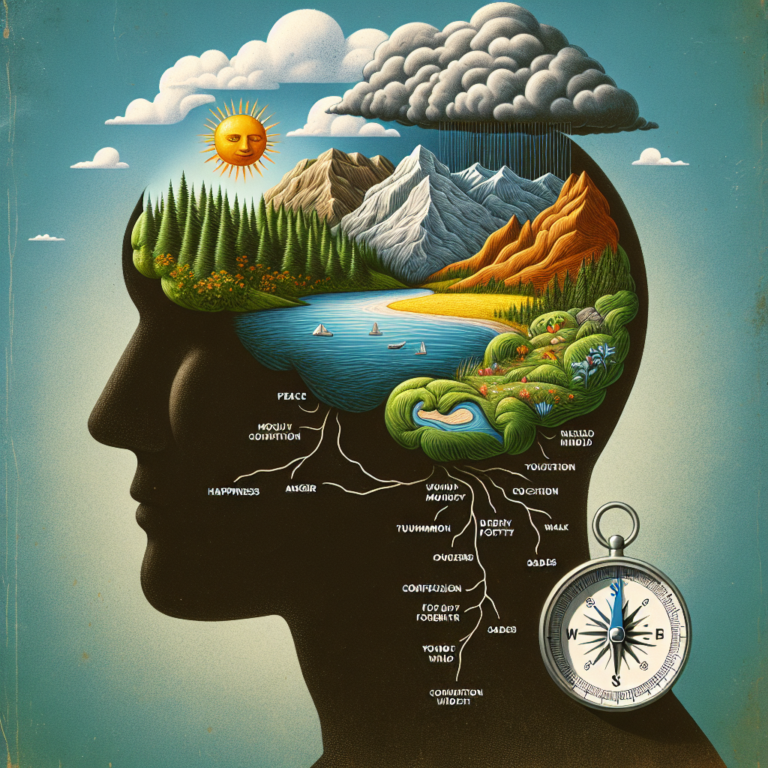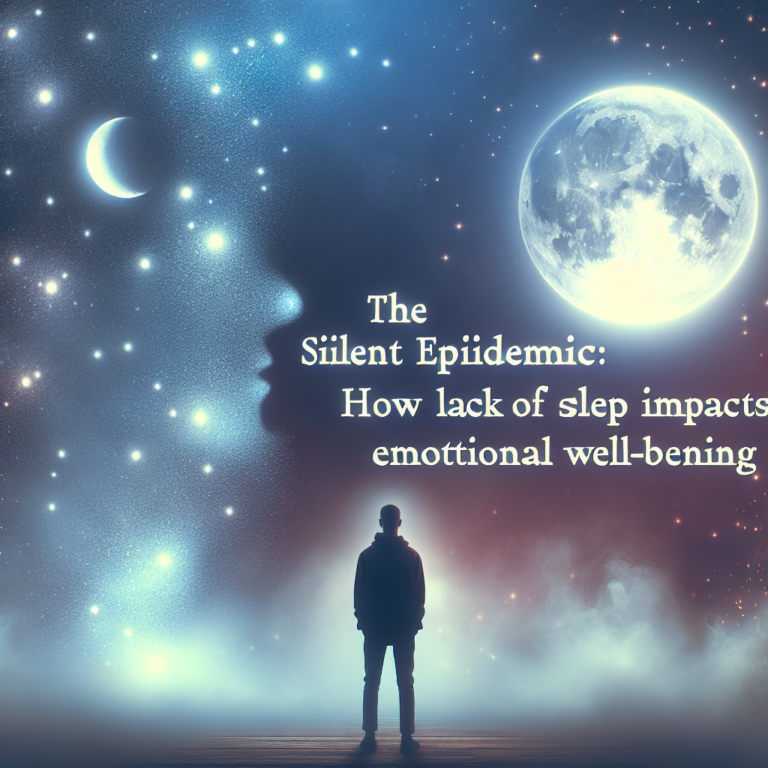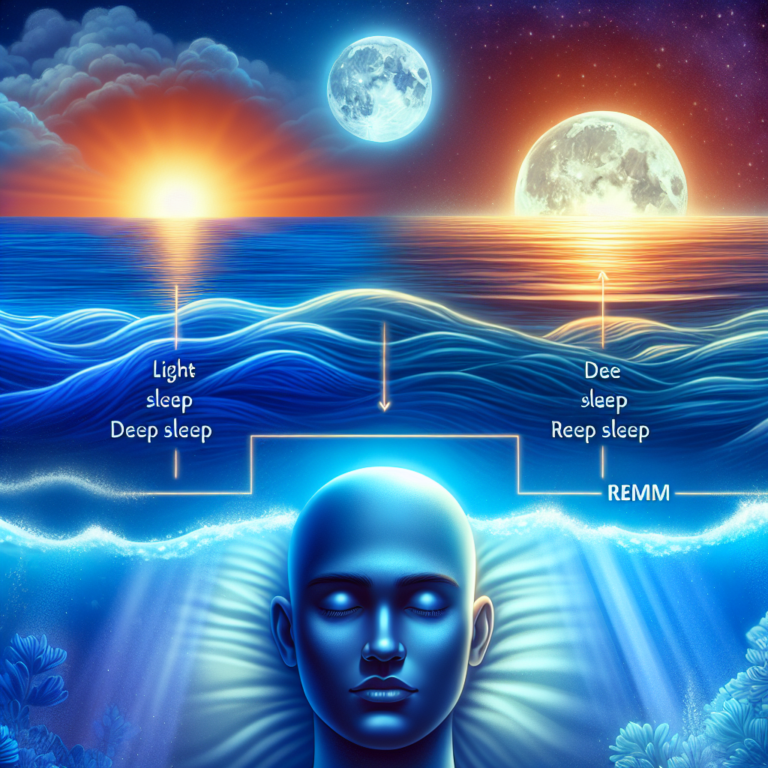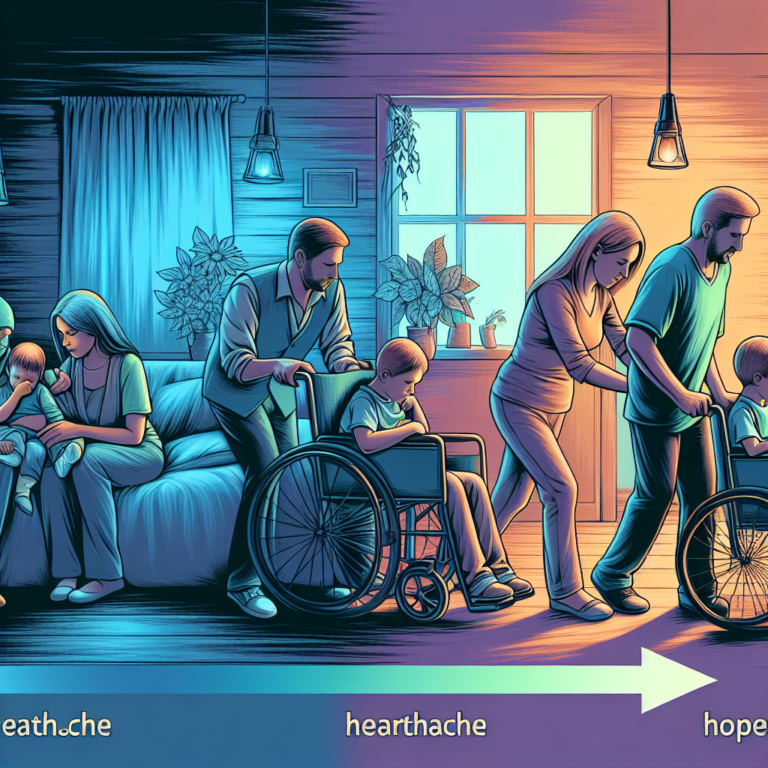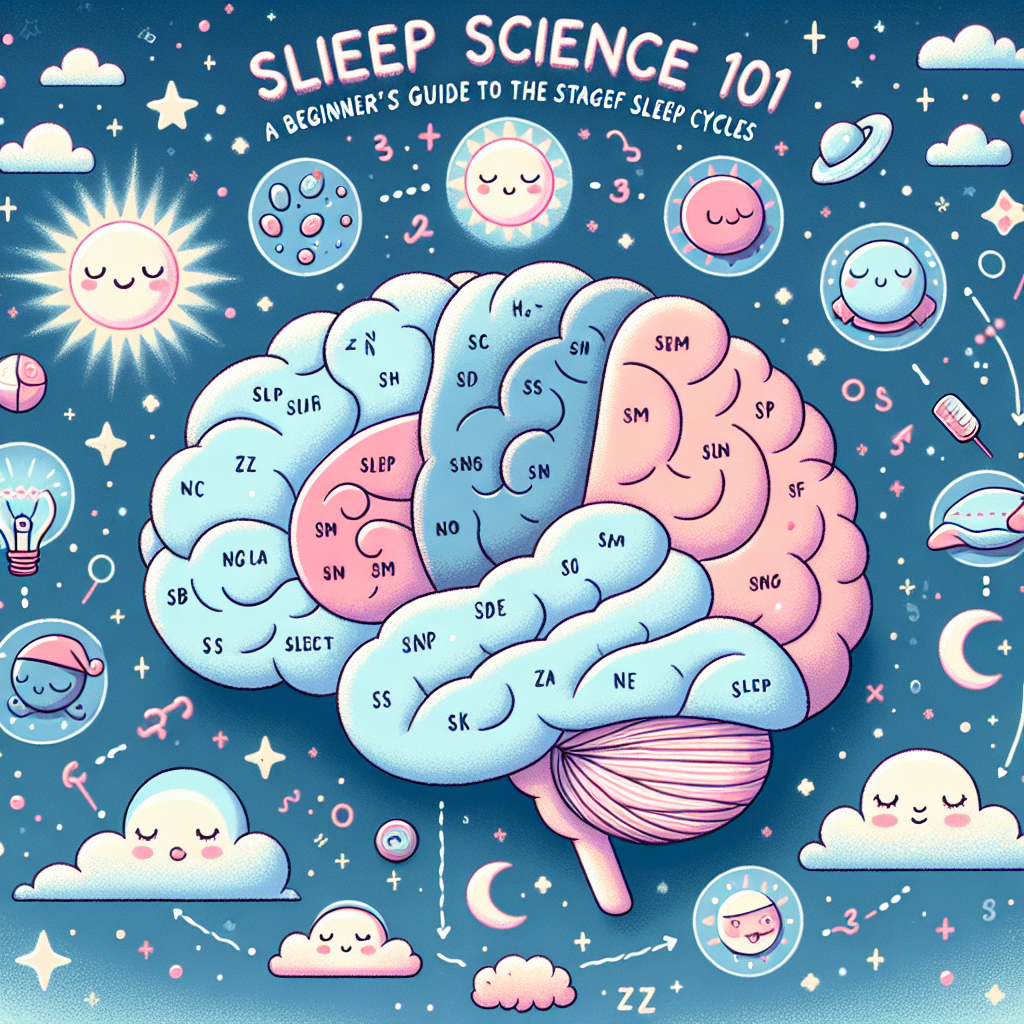
Sleep Science 101: The Essential Beginner’s Guide to the Stages of Sleep Cycles
Introduction
Have you ever wondered why you feel groggy after a night of tossing and turning, yet wake up refreshed after a solid slumber? Understanding sleep is more essential than we often realize. Not only does it affect our mood, productivity, and health, but mastering the nuances of sleep can contribute significantly to our quality of life. This article is your ultimate guide to Sleep Science 101: A Beginner’s Guide to the Stages of Sleep Cycles. By the end, you’ll navigate through the complex but fascinating world of sleep, learning how different stages affect your vitality and well-being.
Understanding Sleep: Why It Matters
Sleep is not merely a passive state; it’s a dynamic process with profound implications for mental and physical health. During sleep, various processes occur, including the restoration of energy, tissue repair, and, interestingly enough, memory consolidation. A wealth of research indicates that sleep plays a crucial role in almost every vital function of our bodies.
The Consequences of Poor Sleep
Poor sleep can lead to a range of health issues, from chronic conditions like diabetes and heart disease to mental health challenges such as anxiety and depression. Understanding the stages of sleep can empower you to make informed decisions about improving your sleep quality.
The Stages of Sleep
The sleep cycle is divided into five distinct stages, each with unique characteristics.
Stage 1 (NREM Sleep)
This is the lightest stage of sleep, lasting for several minutes as you drift in and out of sleep. Your heart rate slows, and your muscles relax. This stage accounts for about 5-10% of total sleep time.
- Signs: Slow eye movements, reduced muscle activity.
- Importance: Serves as a transitional phase between wakefulness and deeper sleep.
Stage 2 (NREM Sleep)
As you enter stage 2, your body temperature drops, and your heart rate slows even further. This stage typically lasts about 20 minutes.
- Signs: No eye movement, increased relaxation.
- Importance: A crucial stage for memory consolidation and cognitive performance.
Stage 3 (NREM Sleep)
Often referred to as deep sleep or slow-wave sleep (SWS), this stage is vital for physical restoration and energy replenishment. It typically occurs about 30-45 minutes after falling asleep, lasting around 20 to 40 minutes during the first cycle.
- Signs: Very slow brain waves are observed.
- Importance: Essential for hormone regulation, immune function, and overall rejuvenation.
Stage 4 (REM Sleep)
Rapid Eye Movement (REM) sleep is where most dreaming occurs. It usually happens around 90 minutes into your sleep cycle and lasts for about 10-20 minutes.
- Signs: Rapid eye movement, increased brain activity, rapid heartbeat.
- Importance: Plays a critical role in learning, memory, and mood regulation.
- Stage 5 (NREM and REM Cycles)
Throughout the night, these stages cycle multiple times, with each full cycle lasting about 90 to 120 minutes. An average adult experiences four to six sleep cycles per night.
The Sleep Cycle: A Closer Look
To visualize the interplay between these stages, consider the following table that breaks down an average night’s sleep:
| Stage | Duration | Characteristics | Importance |
|---|---|---|---|
| Stage 1 (NREM) | 5-10 minutes | Light sleep; drifting in and out | Transition to sleep |
| Stage 2 (NREM) | 20 minutes | No eye movement; brain activity slows down | Memory consolidation, learning |
| Stage 3 (NREM) | 20-40 minutes | Deep sleep; slow waves dominate | Physical restoration |
| Stage 4 (REM) | 10-20 minutes | Active brain; dreaming; rapid eye movement | Mood regulation, creativity |
| Multiple Cycles | 90-120 minutes | Entire cycle repeats several times throughout the night | Cumulative health benefits |
Case Study: The Importance of Sleep Cycles
In a study published in the Journal of Clinical Sleep Medicine, researchers investigated the effects of sleep quality on cognitive performance. Participants who achieved fewer cycles of deep sleep performed significantly poorer on memory tasks compared to those who completed an adequate number of sleep cycles, highlighting the importance of not just the total hours slept but the stages experienced.
Analysis
This case underscores the significance of sleep cycles and stages. It’s not enough to clock in eight hours; one must also ensure they experience a healthy mix of sleep stages for optimal cognitive performance and health benefits.
Tips for Maximizing Sleep Quality
Understanding Sleep Science 101: A Beginner’s Guide to the Stages of Sleep Cycles can be very informative, but it’s vital to translate that knowledge into actionable steps. Here are some tips to enhance your sleep quality:
Create a Consistent Routine
Go to bed and wake up at the same time each day to regulate your body’s internal clock.
Limit Screen Time
The blue light emitted by screens can interfere with melatonin production, making it harder for you to fall asleep.
Create a Relaxing Environment
Invest in comfortable bedding and maintain a cool, dark environment to facilitate restful sleep.
Limit Caffeine and Alcohol
These substances can disrupt the sleep cycle and hinder both the quality and length of sleep.
- Exercise Regularly
Regular physical activity can help you fall asleep faster and enjoy deeper sleep.
Conclusion
Understanding the stages of sleep and the intricacies of the sleep cycle is not just a scientific curiosity; instead, it’s an essential aspect of maintaining your mental and physical health. Armed with the knowledge from Sleep Science 101: A Beginner’s Guide to the Stages of Sleep Cycles, you can take actionable steps toward improving sleep quality. Whether it’s by adjusting your nightly routine or creating a sleep-friendly environment, these changes can lead to significantly better health and quality of life.
FAQs
1. How many hours of sleep do adults need?
Most adults require between 7-9 hours of sleep for optimal health and functioning.
2. What is sleep apnea, and how does it affect stages of sleep?
Sleep apnea is a sleep disorder characterized by repeated interruptions in breathing during sleep, which can severely disrupt the sleep cycle and limit time spent in restorative sleep stages.
3. Can naps affect my nighttime sleep?
Yes, long or late-afternoon naps can interfere with nighttime sleep quality. Aim for short (20-30 minutes) early-afternoon naps to avoid disruption.
4. Is it possible to train my body to need less sleep?
While some people may feel they can function well on less sleep, most research shows that chronic sleep deprivation can lead to significant health issues over time. It’s best to prioritize sufficient rest.
5. Are there foods that promote better sleep?
Foods rich in melatonin include cherries, bananas, and oats. Incorporating these into your diet may help enhance sleep quality.
By understanding Sleep Science 101: A Beginner’s Guide to the Stages of Sleep Cycles, you are better equipped to make informed decisions that can lead to a longer, healthier life. Don’t underestimate the power of quality sleep—your mind and body will thank you.

